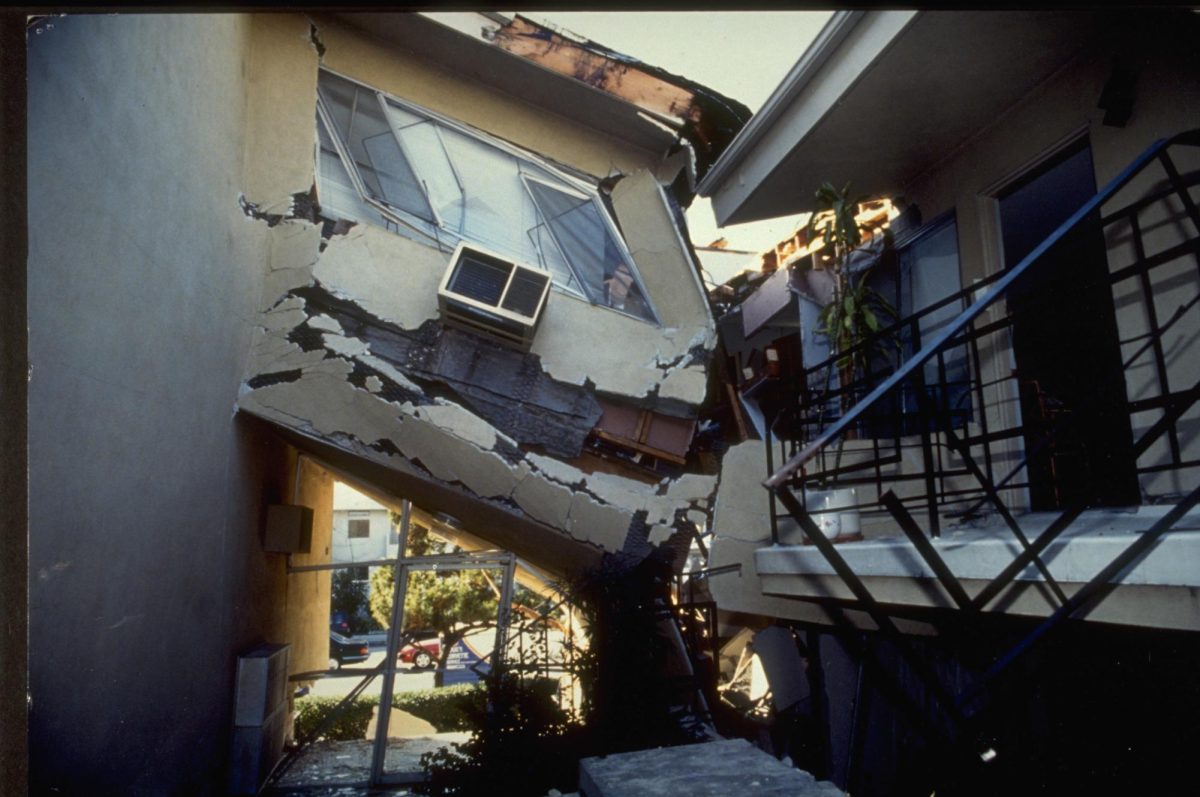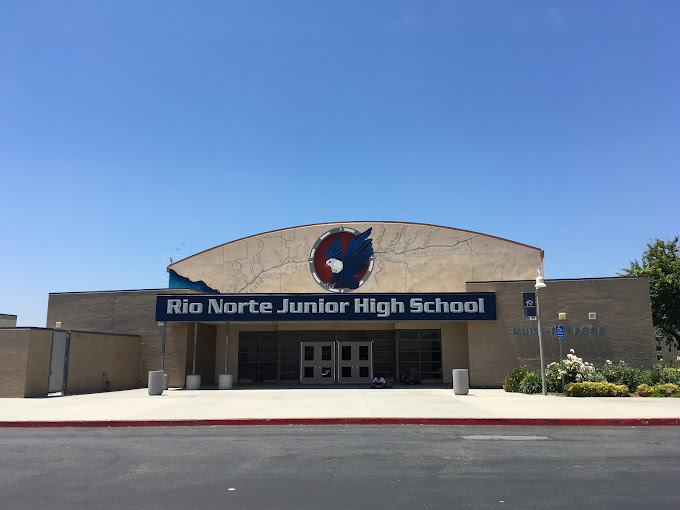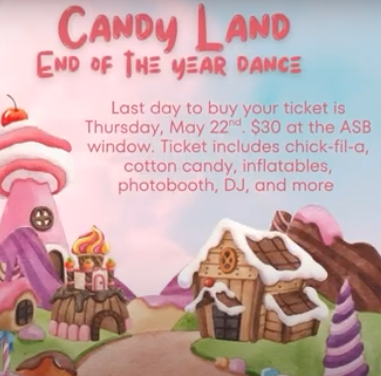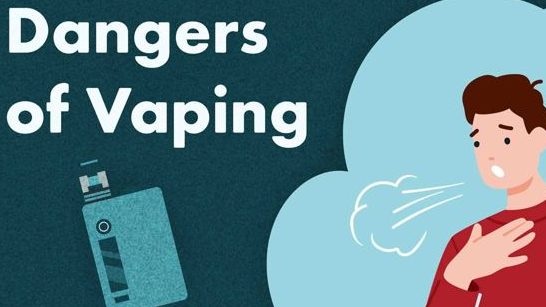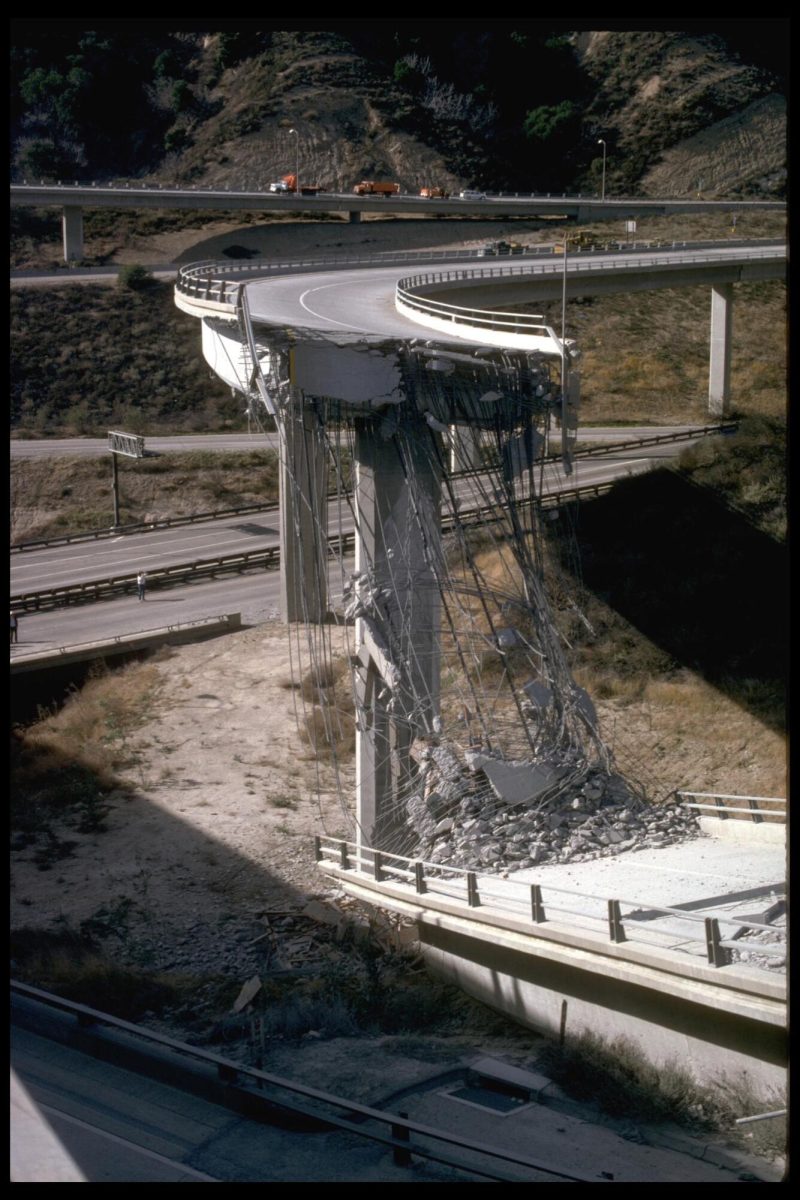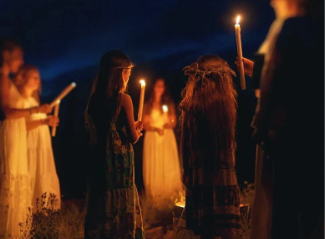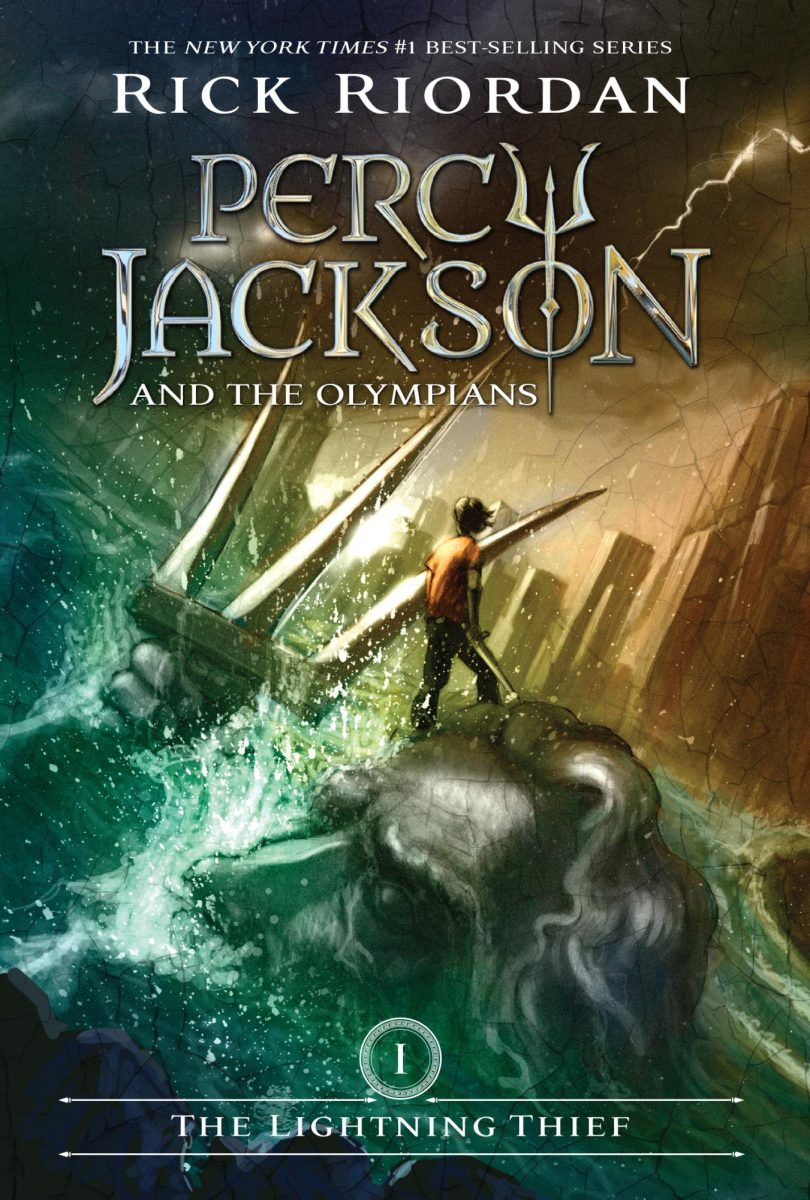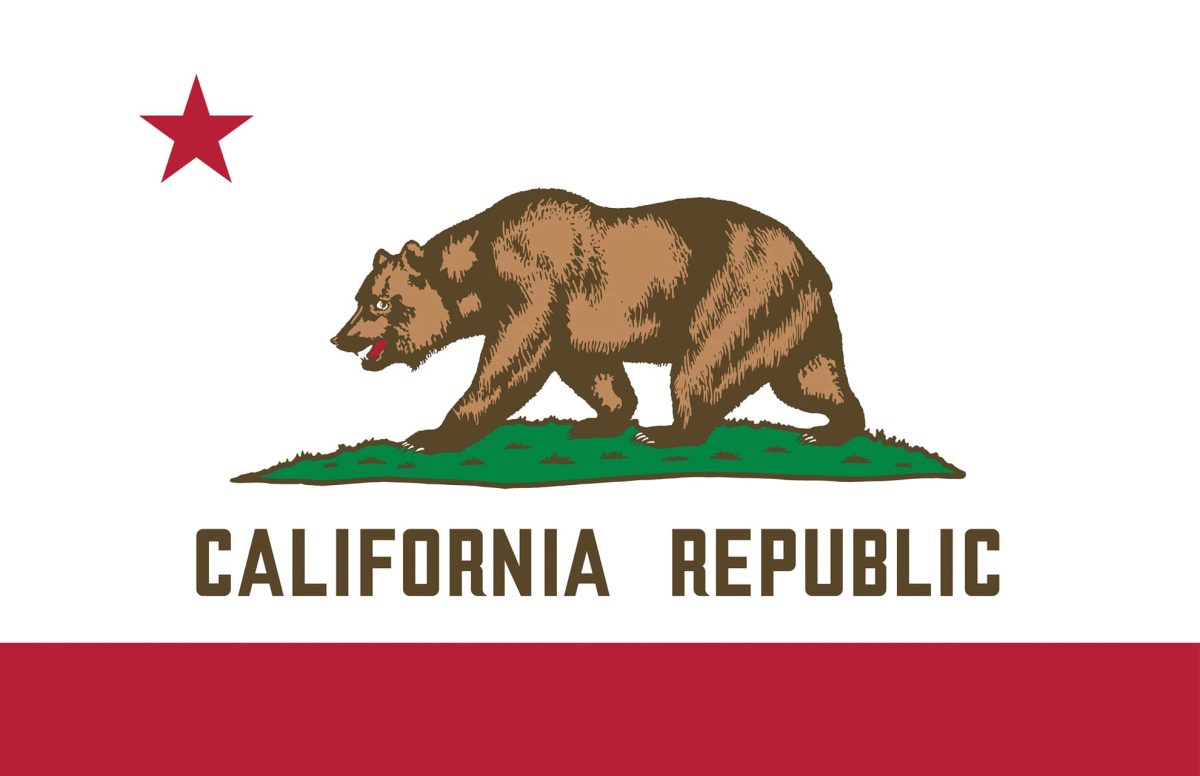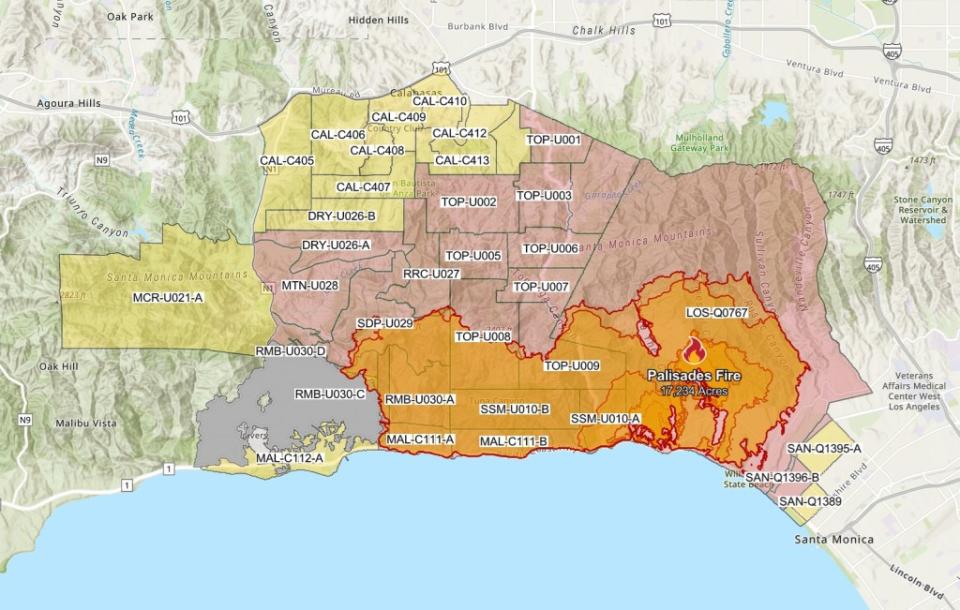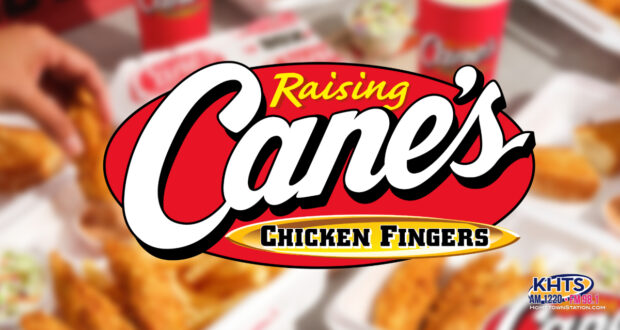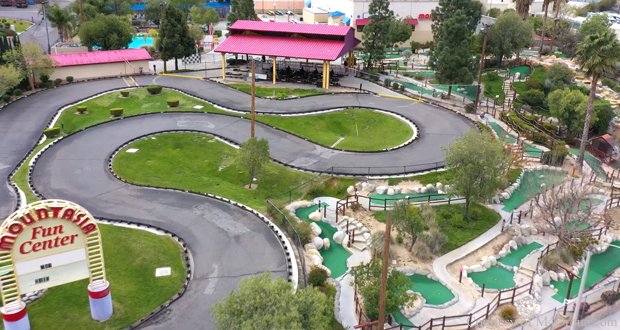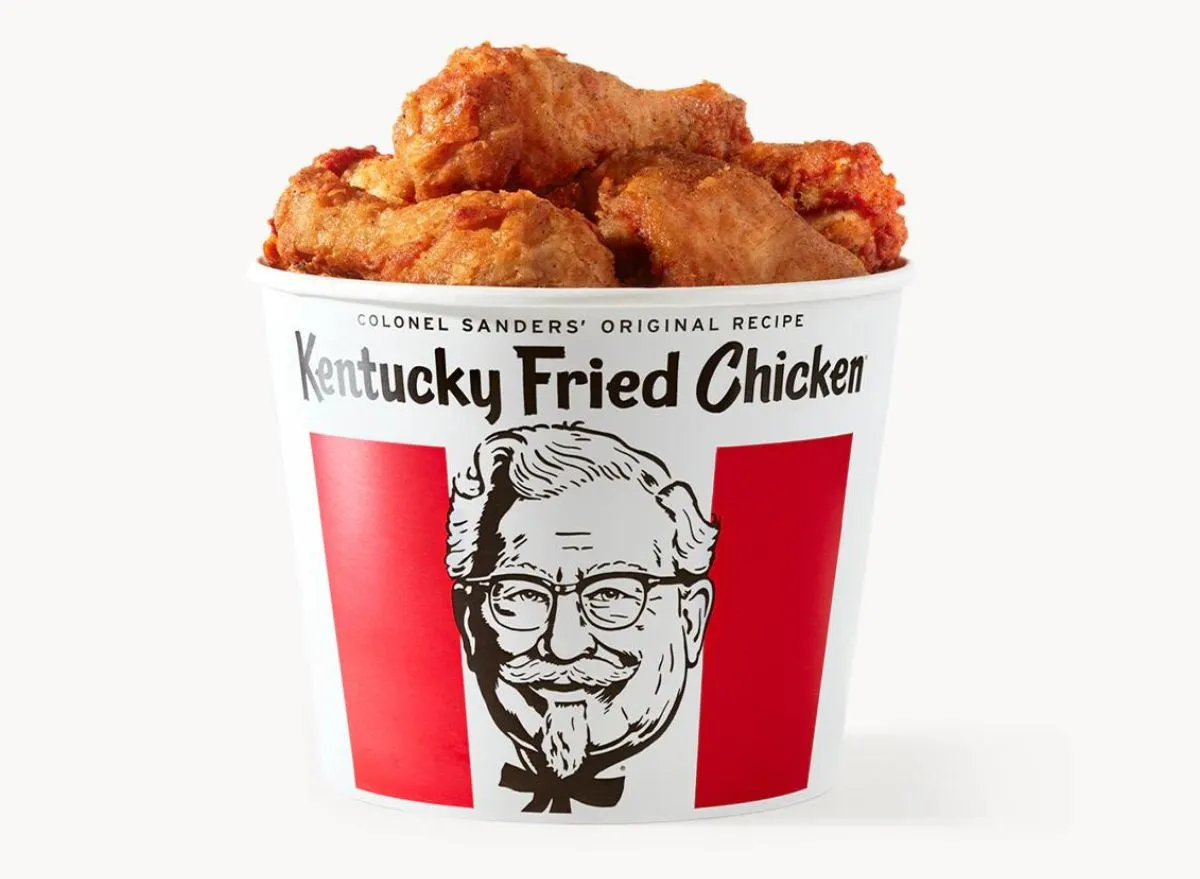Kentucky Fried Chicken, known as KFC, is one of America’s most iconic fast-food chains. Its origins trace back to Harland David Sanders, born in 1890 in Henryville, Indiana. Sanders’ early life was marked by adversity. His father passed away when he was just five years old, forcing him to step into the role of caregiver for his family. As noted by the Rotary Global History Foundation, “At the age of six, Sanders was baking rye bread on his own, a remarkable feat for such a young child, earning him praise from neighbors and sparking his lifelong passion for cooking and serving others.”
Despite facing numerous challenges, including dropping out of school at 16, Sanders worked a variety of jobs to support his family. He learned the art of cooking from his mother and developed a deep love for food. Over the years, he worked as a farmhand, a streetcar conductor, and even as a fireman—experiences that helped shape his strong work ethic and entrepreneurial spirit.
In 1930, Sanders made his first foray into the food business by opening a small café at a gas station in Corbin, Kentucky. Understanding that while cars need fuel, people need good food, he set up a modest dining area with just six chairs and began serving his now-famous fried chicken. The response was overwhelming. Customers lined up outside daily for a taste of Sanders’ chicken, and this success laid the foundation for what would eventually become KFC, the world’s largest fast-food fried chicken chain.
Central to the brand’s success was Sanders’ secret recipe, which featured a unique blend of 11 herbs and spices. This recipe, along with his distinctive pressure-cooking method, set KFC apart in the competitive fast-food industry. By 1952, Sanders opened his first franchised KFC restaurant, and within a few years, the chain was rapidly expanding. By 1956, there were over 25,000 KFC locations across 142 countries, serving more than 12 million customers daily. In 1957, the iconic KFC chicken bucket was introduced, further solidifying the brand’s position in the fast-food landscape.
In 1964, Sanders began to scale back his involvement with the company and sold KFC to a group of investors. Despite stepping away from daily operations, his influence remained profound. By 1976, Sanders was recognized as the second most famous American celebrity, a testament to the lasting impact of his brand and persona.
Sadly, in 1980, Sanders was diagnosed with acute leukemia and passed away on December 16 of that year. Yet, his legacy endures. The standards of quality, service, and innovation he instilled in KFC have shaped the fast-food industry for decades, ensuring that his contribution to American culture will never be forgotten.
